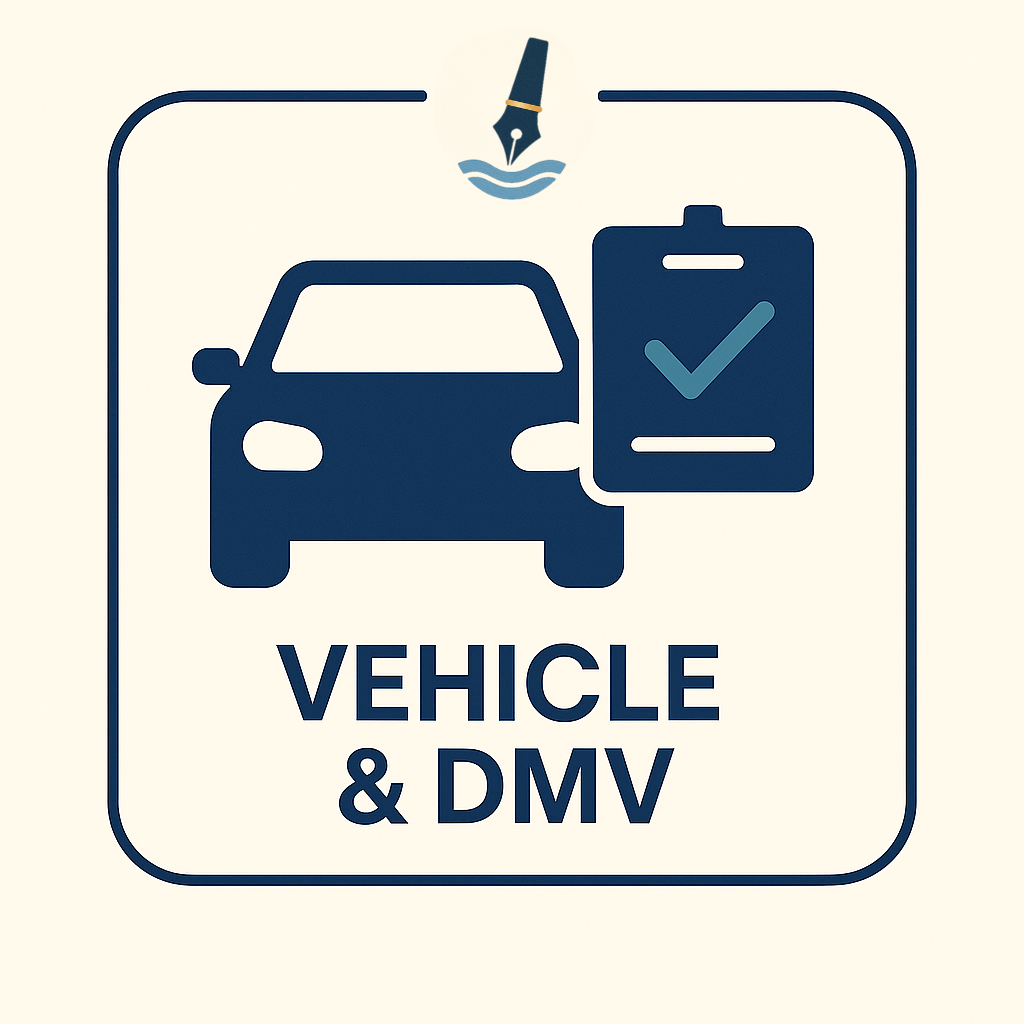Yes. Nevada law (NRS 108.270) requires you to send certified mail, return receipt requested, to both the registered owner AND all lienholders shown on the DMV title record. Missing either notification invalidates your entire VP-147 lien sale process, even if you properly notified the owner. This is the number one reason auction houses reject VP-147 submissions from tow operators.
The confusion is understandable. A former tow operator explains on automotive forums: "Tow company has to send 3 certified letters to both the titled owner and the lien holder over about 6 week period before they can lien sale the vehicle." But what happens when the lienholder is a bank that merged, went out of business, or has an outdated address on the DMV record?
📋 Nevada's Dual Notification Requirement Explained:
⚠️ What If You Can't Find Current Lienholder Information? If the lienholder on DMV records is a bank that no longer exists (merged, acquired, or failed), you have several options:
💡 The Most Common Mistake: Tow operators send certified mail only to the registered owner, assuming the bank "knows" the vehicle was towed because the owner stopped making payments. Wrong. The lienholder must receive independent notification of the impending lien sale. Without proof of certified mail to the lienholder (green return receipt or returned undeliverable envelope), your notarized VP-147 affidavit will be rejected by Pahrump auctions, Copart, IAA, and DMV during title transfer processing.
🏢 We provide on-site VP-147 notarization at tow yards throughout Aliante, North Las Vegas, and Clark County. During your notarization appointment, we can review your certified mail documentation to ensure both owner and lienholder notifications are properly documented before you sign the affidavit under oath.

